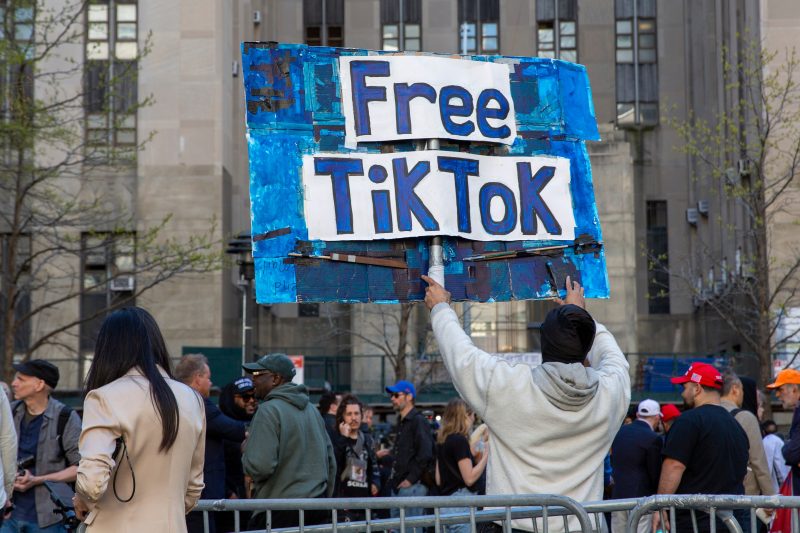In a surprising twist of events, former President Donald Trump has resurfaced in the public eye, reigniting a controversial battle over the social media platform TikTok. Trump, who initially took a hard stance against TikTok during his time in office, accusing the app of national security concerns and even threatening to ban it, has now changed his tune. This reversal comes as Trump accuses his successor, President Joe Biden, of wanting to ban TikTok, a move that has left many scratching their heads.
Trump’s shifting stance on TikTok showcases the complex and often politicized nature of technology regulation in the modern era. During his presidency, Trump made waves with his aggressive stance against Chinese-owned apps like TikTok, citing concerns over data privacy and national security. This culminated in an executive order in August 2020, which aimed to ban TikTok in the United States unless it was sold to an American company.
However, as the political landscape has shifted with the election of Joe Biden, Trump has found new ground to level accusations against his successor. Trump took to social media, claiming that Biden’s administration is pushing for a TikTok ban, a move that seems to be a direct contradiction to Biden’s previous statements on the matter.
This back-and-forth over TikTok highlights the challenges faced by policymakers in navigating the complex web of technology, national security, and international relations. The rise of social media platforms like TikTok has posed new challenges for governments worldwide, as they seek to balance concerns over data privacy and security with the free flow of information and innovation that these platforms enable.
While the fate of TikTok in the United States remains uncertain, the debate surrounding its regulation serves as a reminder of the need for thoughtful and informed decision-making when it comes to technology policy. As the Biden administration grapples with this issue, it will be essential to consider the implications of any actions taken on TikTok, both for national security and for the broader digital ecosystem.
